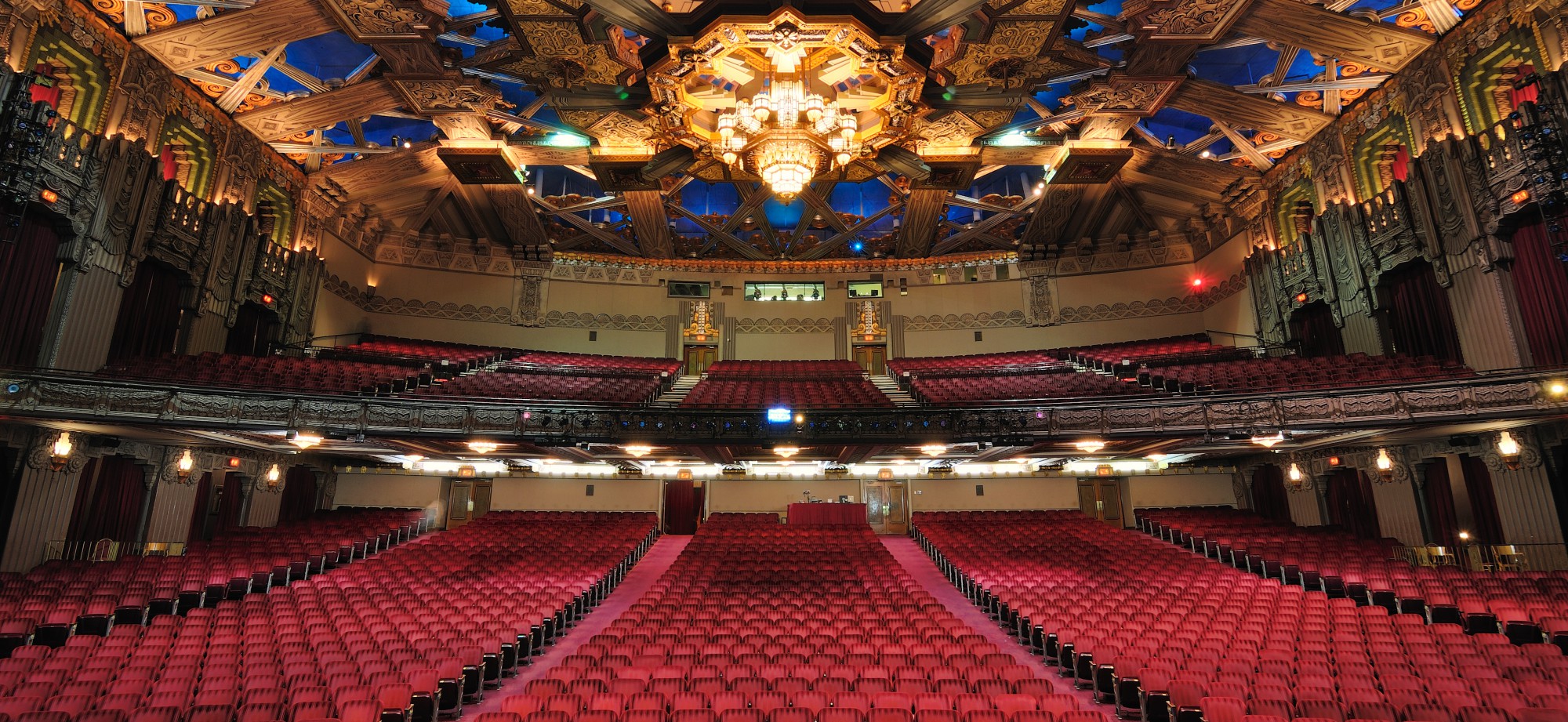
There is no pigeonhole into which one could easily slot Małgorzata Sikorska-Miszczuk’s play, The Suitcase, and then dust one’s hands and say, “There.” Dark comedy? Surely, there is humor; at the end, it brings the house down. It is not a musical although there is song and dance. Political? Historical? Those elements are present as well. Psychological? Definitely. Affecting? Ultimately.
Done in a blatantly theatrical, style, The Suitcase boasts an amiable Narrator (the Chaplinesque Jeff Alan-Lee). Personable and cheerful, mostly, he guides the audience into the story of Franswa Jacko (the imposing Vincent Castellanos), a troubled retired guy living in Paris with his wife from whom he is separated. The Narrator partners with Jackleen (Claire Kaplan), a young woman who travels down through a telephone wire to join him on stage.

Franswa doesn’t know what to do with himself. He is a cypher. He was a builder and is now retired and at loose ends. Nothing appeals to him. Once he had questions about the father he never knew, but his mother refused to talk to him about it, shutting him down in the most dismissive way. His wife, from whom he is alienated, has ordered him out of the house telling him to go to a museum or a café, anything! He finds his way to the Holocaust Museum, where he encounters The Miserable Tour Guide (the over-wrought Alexandra Freeman), who is in her last day of employment in the emotionally draining milieu. In the museum he finds a suitcase recovered from Auschwitz and on loan from Poland. The suitcase has a label on it with the name Leo Pantofelnik (Eric Keitel). It is his father’s name. This discovery rocks his world and starts to fill the void in him. After leaving the museum with suitcase in hand, he has a strange conversation with a café poet (Sigute Miller).

Under the direction of Samuel Hunter, the action is intense, presentational, often humorous, and enlivened with stylized choreographic movement, broad acting and even some clowning. The play is Brechtian and doesn’t allow strong emotions to linger. The playwright is after something different here. It has to do with the remembrance of the past and its political implications, as well as the truth and illusions of the past and how the present deals with it. And never forget that this is a Polish play where the events of the Holocaust were not confined to death camps. But she never lets that weigh down the action. She is not after guilt or innocence or remorse or sadness, but rather the complexity that is the past and present of Poland, and by extension, the world.
The Suitcase (translated by Artur Zapalowski) is a most unusual, interesting play that in the final moments leaves the audience cheered and weak with laughter. It may try your patience, but it is worth it. I would like to see more from Małgorzata Sikorska-Miszczuk.
The Echo Theater Company’s production of the The Suitcase runs through August 18 at the Atwater Village Theatre, 3269 Casitas Avenue, Los Angeles.
